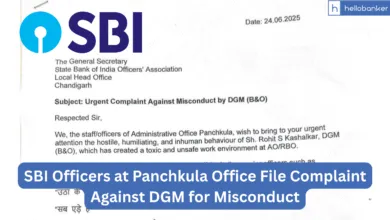Banks cannot forcefully take possession of vehicles if borrower defaults: High Court

| ➡️ Get instant news updates on Whatsapp. Click here to join our Whatsapp Group. |
The Patna High Court has ruled that forcibly seizing vehicles from owners through the use of hired thugs by financial institutions and banks, due to loan defaults, violates the fundamental rights to life and livelihood. Justice Rajeev Ranjan Prasad, while resolving a group of writ petitions, emphasized that the rights of banks and finance companies must be exercised within constitutional boundaries and in compliance with the law.
The court’s lone judge observed that banks and finance companies “cannot act in opposition to the fundamental principles and policies of India, which means that no individual should be deprived of their livelihood and the right to live with dignity without following the established legal procedures.”
The bench cited a Supreme Court order that “completely prohibits the use of gangsters, goons, and hired muscle as so-called recovery agents” in taking possession of assets.
The high court stated that vehicle loans should be reclaimed according to securitization provisions, which empower banks and financial institutions to recover bad debts by physically acquiring the mortgaged properties of defaulting borrowers with the assistance of the district administration and auctioning them to enforce their security interest.
The bench instructed all police superintendents in Bihar to ensure that no vehicles are forcefully seized by any recovery agents, and imposed fines of Rs 50,000 on banks and finance companies that violate this directive.
“If the right to recovery of these banks and financial institutions is weighed against the constitutional right to life of an individual/petitioner, the right of the person/petitioner to live with dignity and not be deprived of their rights without following the established legal procedures shall prevail,” the court stated.
The high court also emphasized in its order dated May 19 that these financiers cannot take the law into their own hands under the guise of the power granted to them in the loan agreement to repossess the vehicle.
